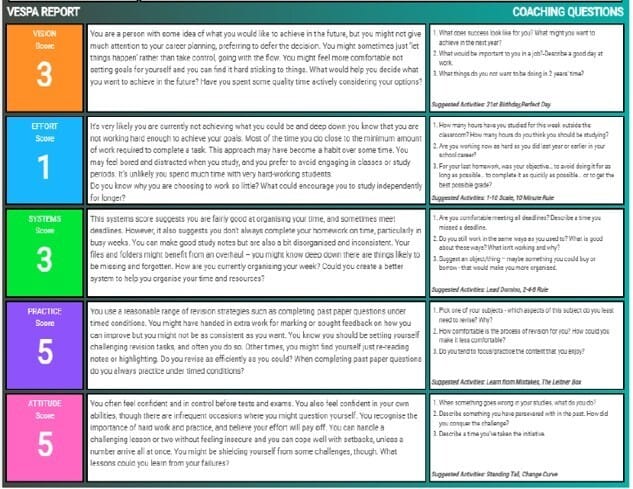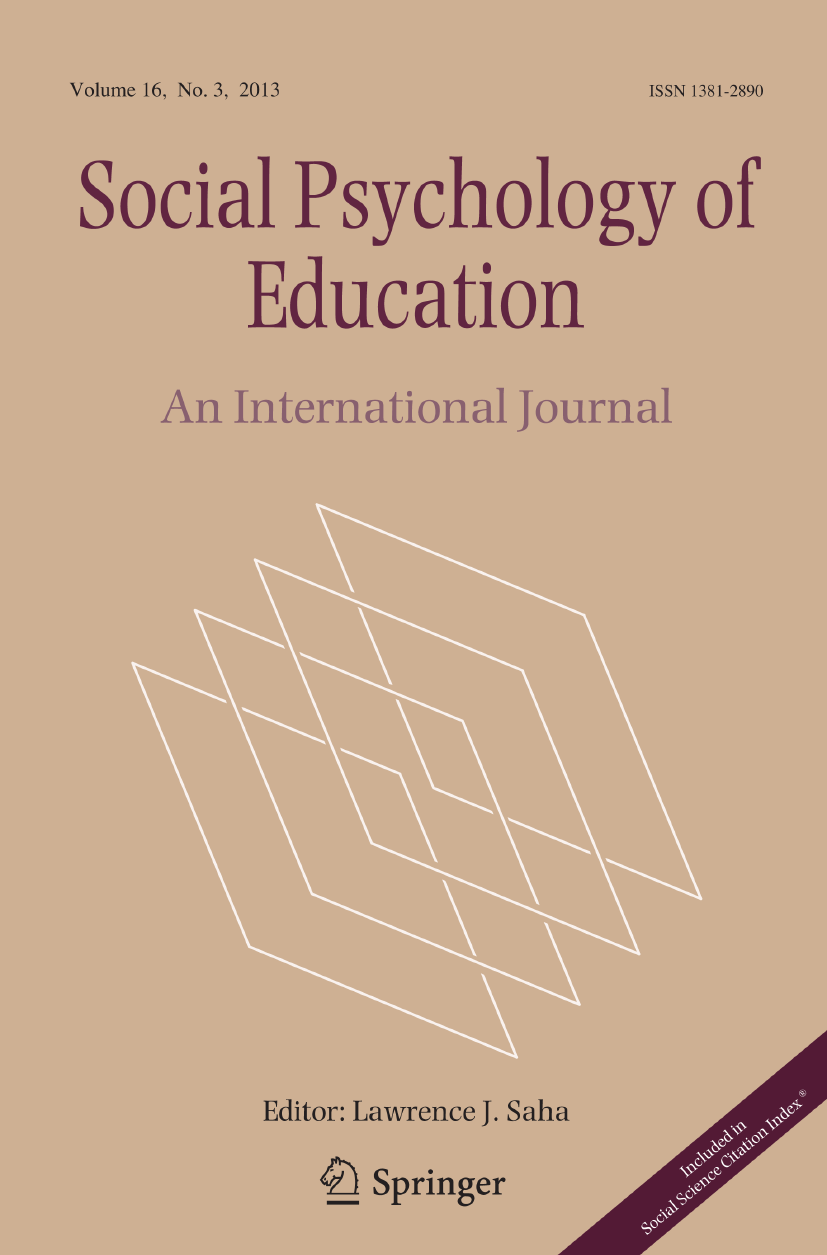- The Friday Mindset
- Posts
- Friday Mindset #162
Friday Mindset #162
Helping students get better at studenting
Happy Friday!
The weekend is merely touching-distance away. But before we head out to the car and wheel-spin our way homeward, leaving behind nothing but a charcoal-coloured scribble and the scent of burnt rubber, let’s have ten minutes together thinking about how we can make life better for those in our classrooms and tutor groups next week.
Okeydokey let’s dive in.
Something we're reading...
This paper’s been on our TBR for a while and it’s fascinating. It details a series of experiments that took place in the early 2020s at Ruhr University, Germany. Researchers used what they called an ‘experimental vignette approach’ to create four fictional teachers - two Maths teachers, two Physics. These fictional teachers were effectively brought to life through transcripts of their classes, plus fictional Whatsapp or in-person chats between students after these imaginary classes. The transcripts were created so that growth and fixed mindset beliefs were implied in their teaching:

an extract from the fictional discussions
Students were asked to read the material and vividly imagine the teachers involved. Then they were asked how they might behave in the classes of these teachers.
Would they ask for help if they got stuck? Would they be likely to put in lots of effort? Pay attention in class? Feel motivated to attend?
The results are fascinating. Bet you can guess what happens. The full paper’s here:
The implications for our language and messaging are significant!
Portal talk... Case Study - a VESPA Questionnaire Report
We got together this week to have a chat about this real, anonymised VESPA report…

You might need to zoom in!
Steve: It goes without saying doesn’t it - but you never look concerned/worried/disappointed when you’re sitting with a student with low scores! This is a snapshot of the student’s self-perception and some people are really hard on themselves. So yeah, I’d start as I always do - having a look at the descriptors and asking, “do you think this an accurate reflection of where you’re currently at?”
Martin: Totally agree. Next up, I’d look at effort. To get a score of 1, you need to have basically said you’re doing almost no work. I’d like to get into that - is it true, or a misconception? I’d be interested in taking an example and discussing it. “Choose a homework you recently submitted. Talk me through how you completed it.” I’d be interested in how long they spent, where they were, what grade it was awarded, and so on.
Tony: And then it’s one of vision or systems for me. Personally I’d start by discussing vision. One of the suggested questions for this score is, “What does success look like for you?” Students aren’t often clear - “just some good grades”, they might say - so then we can start digging. “If you could get a really high grade in just one subject, which would you most like it to be?” is a good one to get a stronger sense of what might matter to them.
Something to try...
A powerpoint this week, exploring a really interesting MIT study about the use of Chat GTP in essay writing, and the impact on student outcomes. We’ve got an explanation of the study, a chance for students to guess the outcomes, and a neat little video for you as well…

Subscribe to our premium content to read the rest.
Become a paying subscriber to get access to this post and other subscriber-only content - just £5 per month or £50 per year
Already a paying subscriber? Sign In.
A subscription gets you:
- • access to 32 full and complete issues of The Friday Mindset
- • two additional issues over the summer break
- • access to our VESPA Videos library - curated clips perfect for assemblies, presentations and tutorials

Reply